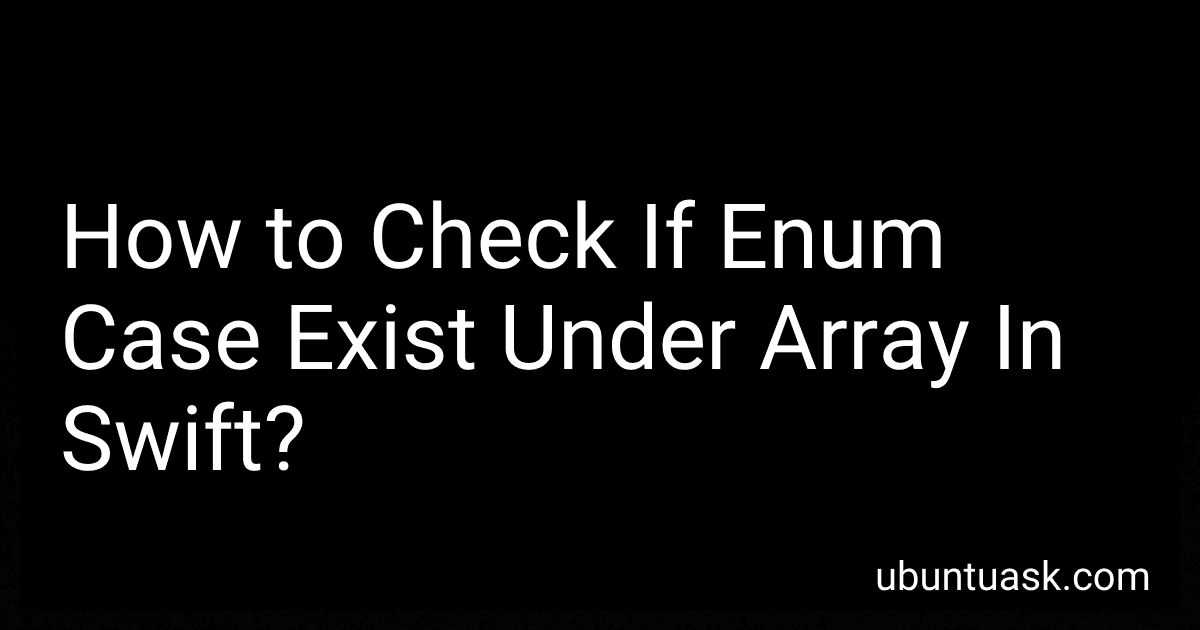Best Swift Programming Books to Buy in March 2026
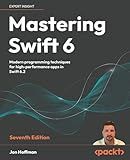
Mastering Swift 6: Modern programming techniques for high-performance apps in Swift 6.2


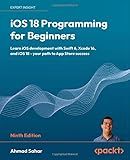
iOS 18 Programming for Beginners: Learn iOS development with Swift 6, Xcode 16, and iOS 18 - your path to App Store success


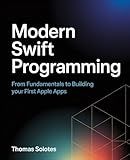
Modern Swift Programming: From Fundamentals to Building Your First Apple Apps


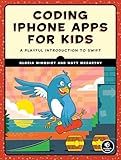
Coding iPhone Apps for Kids: A Playful Introduction to Swift


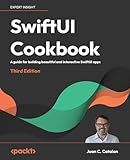
SwiftUI Cookbook: A guide for building beautiful and interactive SwiftUI apps


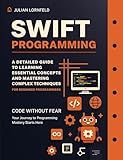
Swift Programming: A Detailed Guide to Learning Essential Concepts and Mastering Advanced Techniques


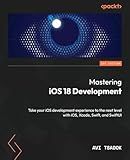
Mastering iOS 18 Development: Take your iOS development experience to the next level with iOS, Xcode, Swift, and SwiftUI


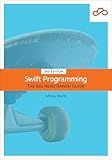
Swift Programming: The Big Nerd Ranch Guide


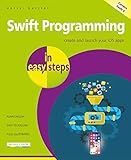
Swift Programming in easy steps: Develop iOS apps - covers iOS 12 and Swift 5


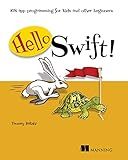
Hello Swift!: iOS app programming for kids and other beginners


To check if an enum case exists under an array in Swift, you can use the contains(where:) method along with a closure to check for the presence of the enum case.
Here is an example code snippet to demonstrate how to check if an enum case exists under an array in Swift:
enum Fruit { case apple case banana case orange }
let fruits: [Fruit] = [.apple, .banana, .orange]
if fruits.contains(where: { $0 == .banana }) { print("The array contains the enum case 'banana'") } else { print("The array does not contain the enum case 'banana'") }
In this example, we have an enum Fruit with three cases: apple, banana, and orange. We create an array fruits containing these enum cases. We then use the contains(where:) method with a closure to check if the enum case banana exists in the array. If the enum case is found, we print a message indicating its presence; otherwise, we print a message indicating its absence.
What is the syntax for checking the existence of an enum case in an array in Swift?
Here is the syntax for checking the existence of an enum case in an array in Swift:
enum Fruit { case apple case banana case orange }
let fruits: [Fruit] = [.apple, .banana, .orange]
if fruits.contains(.apple) { print("Apple is in the array") } else { print("Apple is not in the array") }
In this example, we have an enum called Fruit with three cases: apple, banana, and orange. We then create an array called fruits containing instances of the Fruit enum. We check if the array contains the case .apple using the contains method and print a message accordingly.
How do I check if a particular enum case is present in an array in Swift?
You can check if a particular enum case is present in an array in Swift by iterating through the array and comparing each element with the enum case using a switch statement or if-else statement.
For example, let's say you have an enum called Color with cases Red, Green, and Blue, and an array called colors containing some colors. You can check if the enum case Color.Red is present in the array like this:
enum Color { case Red case Green case Blue }
let colors: [Color] = [.Red, .Green, .Blue]
if colors.contains(.Red) { print("Red color is present in the array") } else { print("Red color is not present in the array") }
This will iterate through the array and check if any element is equal to Color.Red. If it finds a match, it will print "Red color is present in the array", otherwise it will print "Red color is not present in the array".
How can I determine if a specific enum case is included in an array in Swift?
In Swift, you can determine if a specific enum case is included in an array by using the contains(_:) method.
Here is an example showing how to check if a specific enum case is included in an array of enum values:
enum Fruit { case apple case banana case orange }
let fruits: [Fruit] = [.apple, .banana, .orange]
if fruits.contains(.apple) { print("Apple is included in the array") } else { print("Apple is not included in the array") }
In this example, the contains(_:) method is used to check if the .apple enum case is included in the array fruits. If the enum case is present in the array, it will print "Apple is included in the array", otherwise it will print "Apple is not included in the array".
How to properly handle optional enum cases when checking for their existence in an array in Swift?
In Swift, you can check for the existence of optional enum cases in an array using optional binding and pattern matching. Here's an example of how you can do this:
enum Fruit { case apple case orange case banana }
let fruits: [Fruit?] = [.apple, .orange, nil, .banana]
for fruit in fruits { if let unwrappedFruit = fruit { switch unwrappedFruit { case .apple: print("Found an apple") case .orange: print("Found an orange") case .banana: print("Found a banana") } } else { print("Found a nil value") } }
In this example, we have an array of optional Fruit enum cases. We use optional binding to unwrap the optional value and then use pattern matching to check for each possible case of the enum. If the optional value is nil, we print a message indicating that a nil value was found.
This approach allows you to handle optional enum cases in an array in a safe and concise manner.
